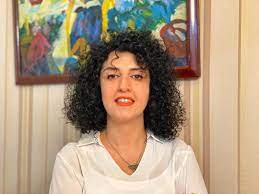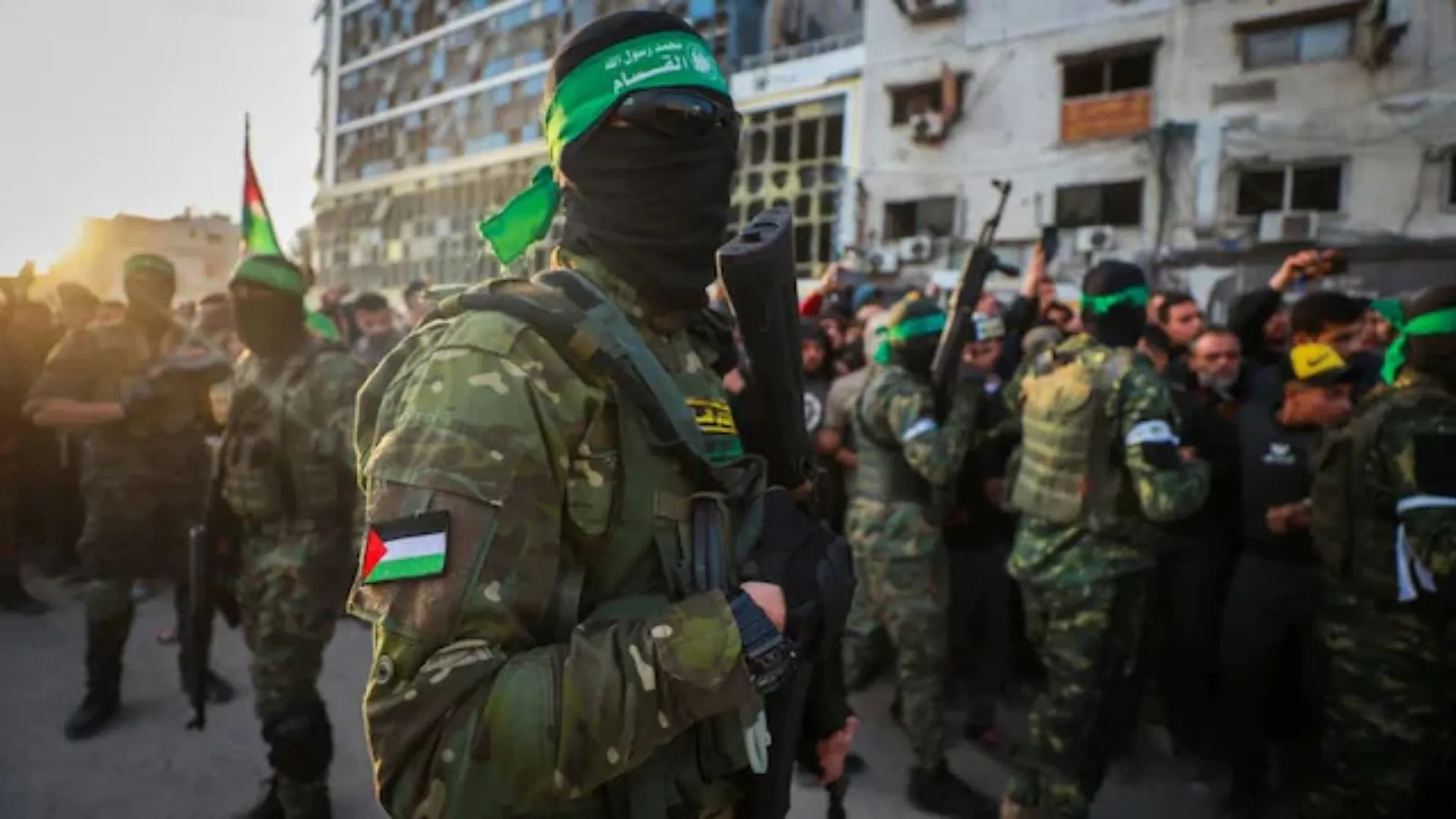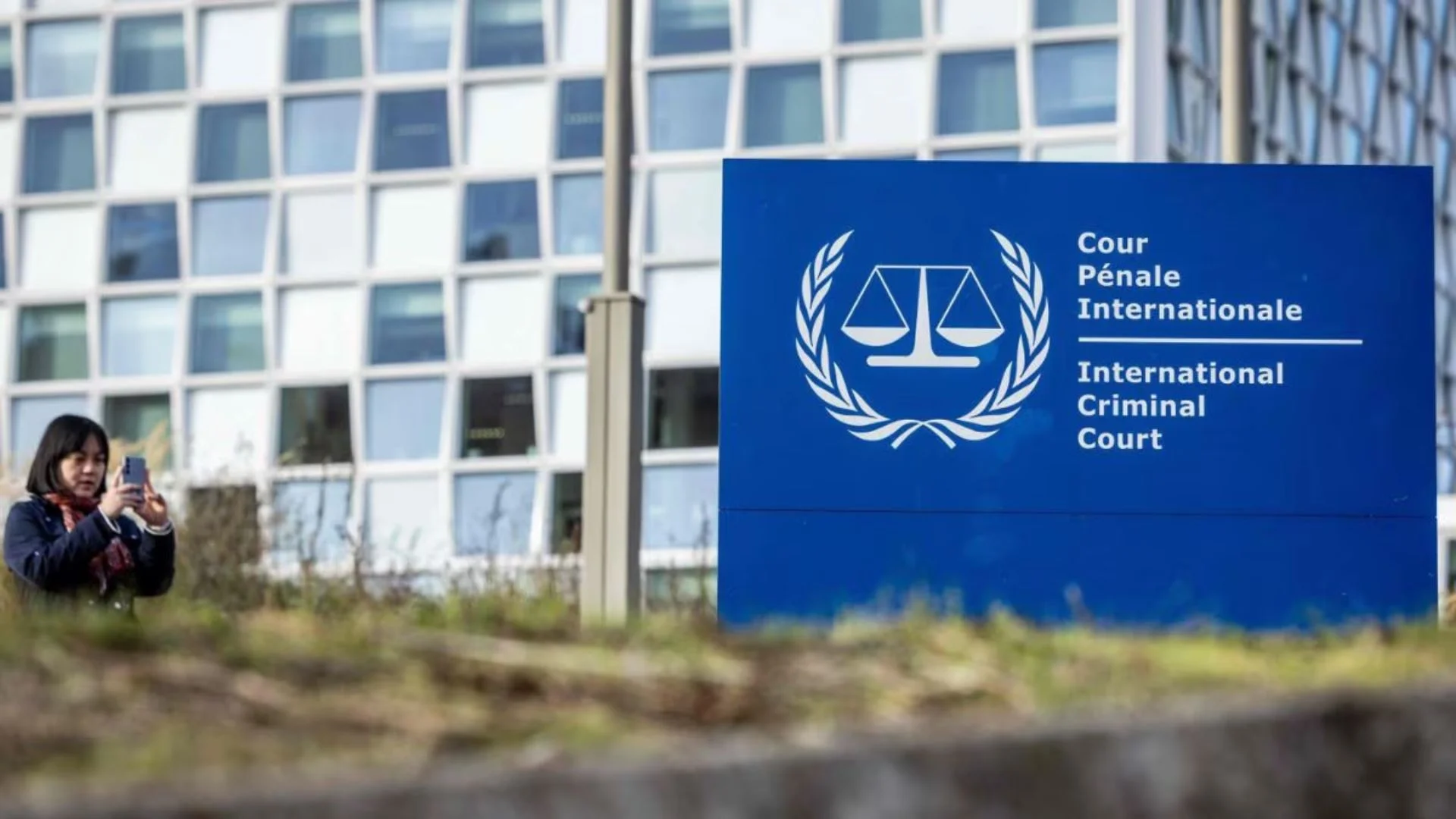“Woman, Life, Freedom,” the slogan adopted by Iranians to protest the unjust death of Mahsa Amini in 2022 is, according to the Norwegian Nobel Committee, the most suitable way to describe the work of the 2023 Nobel Peace Prize laureate, Narges Mohammadi.
Mohammadi is the second Iranian woman to receive the Nobel Peace Prize, exactly 20 years after Shirin Ebadi was awarded the prize for her work to promote democracy and initiate legal reform under Islamic law in 2003. Mohammadi is the fourth Nobel Peace Prize laureate to be chosen while still incarcerated, joining the ranks of Aung San Suu Kyi and Ales Bialiatski.
According to the Nobel committee, Mohammadi has been arrested no less than 13 times. She has been convicted five times, sentenced to a total of 31 years in prison and 154 lashes. While she has been released on and off over the past four years, her work on behalf of women and her outspoken advocacy against the death penalty have made her a repeated target of the Islamist regime in Iran.
To this day, she remains behind bars in Iran’s most notorious prison for political detainees, Evin, which is located in the hills of northern Tehran. I have been studying women’s rights, human rights and gender and sexual politics in Iran for more than two decades. I have had the opportunity to meet and work with Shirin Ebadi and dozens of women’s rights activists in Iran throughout my time conducting fieldwork on Iran’s sexual revolution.
I have witnessed the bravery of Iranian women as they boldly agitated for change. Women’s activism in Iran is not just a recent phenomenon – they have been at the forefront of calls for change in Iran for more than a
century.

















